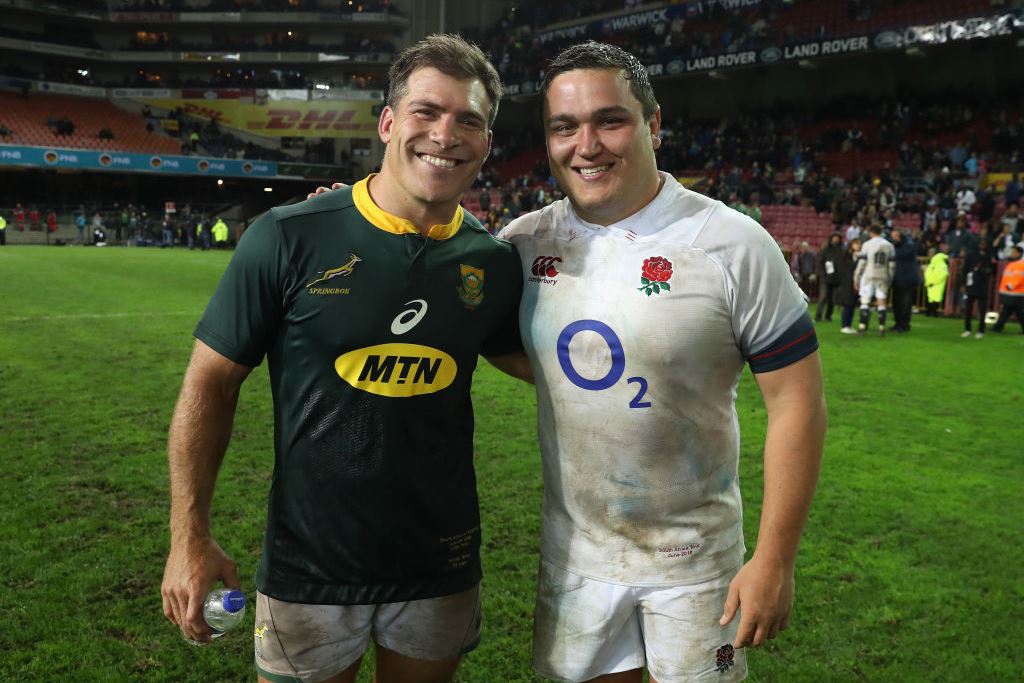South Africans provide great bang for your buck, says Schalk Brits

982184414
Tags: Bristol, Bristol Bears, England, Harlequins, London Irish, Premiership, Premium, Sale, Saracens, South Africa, Springboks, Worcester
South Africans continue to make a massive impression on English rugby with as many as 42 on the books at ten of the 12 Premiership teams this season.
Sale have ten and are captained by Johannesburg native Jono Ross. Worcester, coached by Alan Solomons from the Eastern Cape province, have seven. Only Bristol Bears and London Irish are without a Saffa this year. For markets and premium offers on the Premiership, Autumn Nations Cup and Tri-Nations visit bonuscodebets.co.uk.
“The impact South Africans have had on English rugby is immense,” says Schalk Brits, the high-energy hooker who represented ...
Continue reading...
Access all our premium content from as little as 14p per day!
Already a subscriber to our website? Login